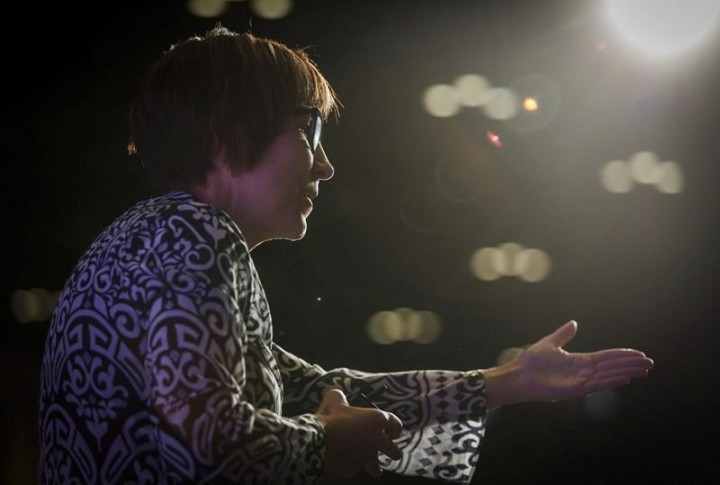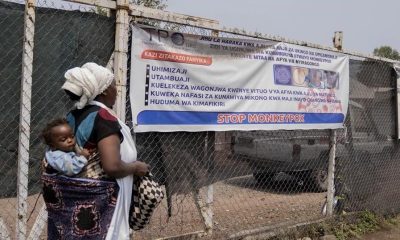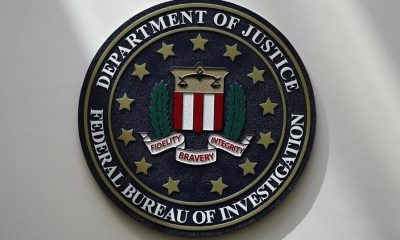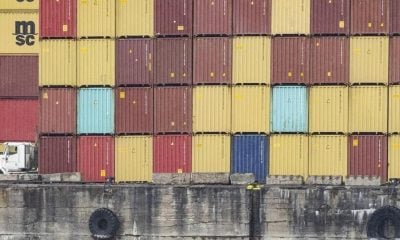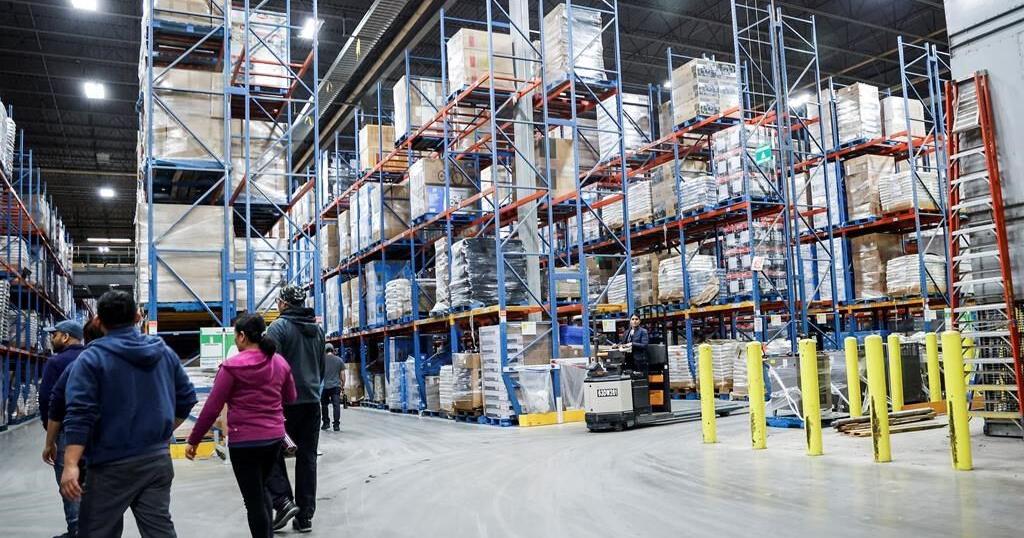Ottawa was careful to avoid admitting abuses Indigenous children suffered at residential schools happened “at the hands of the federal government” in remarks prepared for a Liberal cabinet minister after the discovery of unmarked graves last year, documents show.
The Canadian Press obtained documents through the Access to Information Act that show a draft version of a speech written for Carolyn Bennett, who was then minister of Crown-Indigenous relations, originally contained those words before they were edited out.
“It gets to me that they’re still in a place of defending themselves,” said Cindy Blackstock, executive director of the First Nations Child and Family Caring Society of Canada.
In May 2021, the Tk’emlúps te Secwépemc Nation announced ground-penetrating radar had found what are believed to be the unmarked graves of about 200 children on the site of a former residential school near Kamloops, B.C.
The revelation spurred a reckoning across the country about the legacy of residential schools, which were government-funded, church-operated institutions that about 150,000 First Nations, Métis and Inuit children were forced to attend in Canada over more than a century. Thousands of children experienced physical, sexual and emotional abuse and neglect, or even died.
The discovery also prompted questions about what Ottawa was going to do about it.
Days later, the Department of Crown-Indigenous Relations was drafting a speech for Bennett in anticipation of a possible emergency debate on the matter in the House of Commons.
That never happened. Another form of debate was held and it appears the draft speech, as written in the documents, was not the one that Bennett ended up delivering.
One section of the draft remarks addresses the suffering children endured in residential schools, originally saying “they experienced unthinkable trauma, including physical, mental and sexual abuse at the hands of the federal government by simply attending school.”
Speech writing can be a lengthy process. Text is often drafted by the department and then sent to staff in the minister’s office and to the minister, and then sometimes back and forth again.
Edits contained in the 17 pages of drafts show the words “at the hands of the federal government” were struck out. The reason for the revision was redacted before the documents were released to The Canadian Press.
“The government, they talk a great deal about reconciliation,” said Eleanore Sunchild, a Saskatchewan lawyer and advocate from Thunderchild First Nation, who has represented many residential school survivors in physical and sexual abuse cases.
“That, however, doesn’t speak of reconciliation at all, taking out those words.”
Saskatoon Tribal Council Chief Mark Arcand said he found it “disturbing … that Canada keeps trying to minimize its role in residential schools.”
The Crown-Indigenous Relations Department has not yet responded to a request to explain the change. But the office of the current minister, Marc Miller, said in a written statement that the federal government “takes full responsibility” for its role in the residential school system, “including the abuse that Indigenous children suffered at these institutions.”
Former Conservative prime minister Stephen Harper apologized for Canada’s role in residential schools in 2008 as part of the historic Indian Residential School Settlement Agreement.
In his speech, Harper apologized for the government “failing to protect” children at the institutions, which he said “far too often … gave rise to abuse or neglect.”
He also apologized for the separation of children from families and acknowledged it carried consequences for future generations.
In the speech that Bennett ultimately gave on unmarked graves on June 1, 2021, she said she wanted to give her “profound apologies to the families and survivors,” but she did not mention abuse or assign blame.
Last month, Pope Francis came to Canada to apologize for residential schools on behalf of the Catholic Church, which operated more than 60 per cent of the institutions.
The pontiff asked forgiveness for the “evils” committed by “many Christians” against Indigenous children in residential schools. Many Indigenous leaders said they had hoped for an apology that specifically spoke about the role of the Catholic Church.
Bill Percy, a Winnipeg-based lawyer who has represented survivors seeking compensation for sexual and physical abuse, said it’s possible government took issue with the words “at the hands of” in the draft.
“That implies that they were the physical abusers,” he said.
“Most of the direct abusers would be church-related employees, not federal government employees.”
Regardless, he said Canada has paid out most of the billions of dollars distributed to abuse complainants under the settlement.
“When push comes to shove, in the court cases, the federal government always has taken responsibility.”
Blackstock said she sees where Ottawa has “wiggle room,” given that the federal government did not directly perpetuate abuse.
“What the federal government did is knowingly leave children in situations where this was happening, and were choosing not to intervene to save them from the deaths and save them from the abuse,” she said.
She said whether it’s the Vatican or Canada, institutions have demonstrated a reluctance to take full accountability for residential schools.
“What I’ve been concerned about writ large is the portrayal by the federal government as this is a ‘dark chapter in history,’ and not really owning the fact that they knew what they were doing was wrong. They knew it was leading to children’s deaths.”
This report by The Canadian Press was first published Aug. 10, 2022.
— with files from Jim Bronskill
Stephanie Taylor, The Canadian Press
Related

